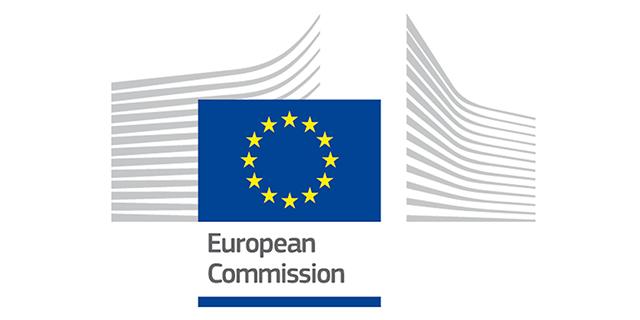care.data
Care.data (1) is a big data initiative by NHS England with the aim to develop a central database where NHS hospital records from secondary care will be linked to general practice records from primary care (2). In the future and by linking even more patient records from community health services and social care as well as genomics, NHS England will establish a complete Care Episode Service (CES) for the whole population (3).
From a general practice record, it will collect information such as the NHS number, date of birth, postcode and gender. Only coded (not free text) information about family history, vaccinations, biological values, diagnoses, referrals and NHS prescriptions will be extracted (4). GPs, despite the fact that they are considered data controllers, they have a statutory duty to share this information unless their patients decide otherwise and opt-out (5).
From there, the Health and Social Care Information Centre (HSCIC), the body responsible for these extractions, will be able to support three types of data dissemination (6):
- Anonymised de-identified data for publication, for example, in public reports available to anyone.
- Potentially identifiable pseudonymised data released to specific, approved organisations under contractual agreement and for purposes that support health and social care.
- Identifiable data with identifiers released after explicit patient consent or under legal obligation (section 251 support or approval) enacted by the Secretary of State for Health (7).
However, the programme has now stalled due to technical, social but most importantly ethical concerns, particularly in relation to the information governance framework promoted, which is seen as rather problematic. It remains vague and complex when it comes to (non-)acceptable uses of personal health information. In fact, most criticism and skepticism concentrates around the actual implementation process (8); a rather hurried, secretive, confusing and, in the end, overregulated execution (9) characterised by: lack of transparency, proper consultation, explanation of costs and benefits, application of appropriate safeguards and opt-out procedures, proper monitoring and auditing of data users, respect of patients’ autonomy (10,11).
- https://www.england.nhs.uk/ourwork/tsd/care-data/
- Nuffield Council on Bioethics. The collection, linking and use of data in biomedical research and health care: ethical issues. London, UK; 2015.
- http://www.england.nhs.uk/wp-content/uploads/2014/01/pia-care-data.pdf
- http://www.hscic.gov.uk/article/3489/IAG-documents
- http://www.pulsetoday.co.uk/your-practice/practice-topics/it/gp-hit-with-contract-notice-over-plan-to-opt-all-patients-out-of-caredata/20005749.article#.VVILUNOqqkp
- http://www.england.nhs.uk/wp-content/uploads/2014/03/cd-gp-faq-03-14.pdf
- http://www.hra.nhs.uk/about-the-hra/our-committees/section-251/what-is-section-251/
- O’Dowd A. Patients could withhold information from GPs because of confusion over care.data scheme, doctors warn. BMJ. 2014 Feb 27;348(feb27 4):g1820–g1820.
- Presser L, Hruskova M, Rowbottom H, Kancir J. Care.data and access to UK health records: patient privacy and public trust. Technol Sci. :2015081103.
- Sterckx S, Rakic V, Cockbain J, Borry P. “You hoped we would sleep walk into accepting the collection of our data”: controversies surrounding the UK care.data scheme and their wider relevance for biomedical research. Med Health Care Philos [Internet]. 2015 Aug 18 [cited 2015 Oct 22]; Available from: http://link.springer.com/10.1007/s11019-015-9661-6
- Hays R, Daker-White G. The care.data consensus? A qualitative analysis of opinions expressed on Twitter. BMC Public Health [Internet]. 2015 Dec [cited 2015 Oct 22];15(1). Available from: http://www.biomedcentral.com/1471-2458/15/838
